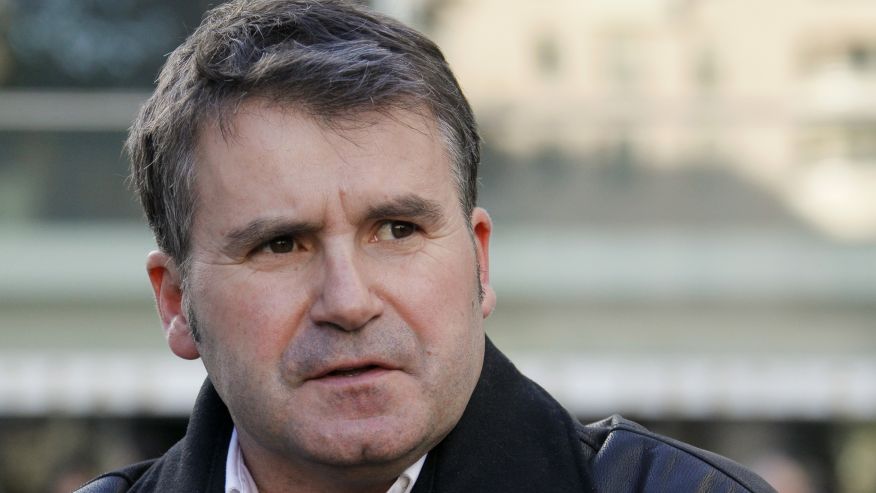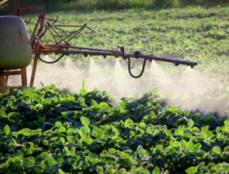A French court upheld on Thursday a 2012 ruling in which Monsanto was found guilty of chemical poisoning of a French farmer, who says he suffered neurological problems after inhaling the U.S. company’s Lasso weedkiller.
The decision by an appeal court in Lyon, southeast France, confirmed the initial judgment, the first such case heard in court in France, that ruled Monsanto was “responsible” for the intoxication and ordered the company to “fully compensate” grain grower Paul Francois.
Monsanto’s lawyer said the U.S. biotech company would now take the case to France’s highest appeal court.
Francois, who says he suffered memory loss, headaches and stammering after inhaling Monsanto’s Lasso in 2004, blames the agri-business giant for not providing adequate warnings on the product label.
Lasso, a pre-emergent soil-applied herbicide that has been used since the 1960s to control grasses and broadleaf weeds in farm fields, was banned in France in 2007 after the product had already been withdrawn in other countries such as Canada, Belgium and Britain.
Monsanto phased out of Lasso in the United States several years ago for commercial reasons, its spokesman in France said.
Though it once was a top-selling herbicide, it gradually lost popularity, and critics say several studies have shown links to a range of health problems.
Monsanto said in a statement after the ruling that experts, including those nominated by the French civil court, had not found any causal link between the alleged accidental exposure and the alleged damages for which Francois claims compensation.
The company’s lawyer, Jean-Daniel Bretzner, said a potential fine to compensate for the farmer’s loss would be decided after the decision of the highest court but he said that in any case it would be very low.
“We are speaking about modest sums of money or even nonexistent. He already received indemnities (by insurers) and there is a fundamental rule that says that one does not compensate twice for a loss, if any,” Jean-Daniel Bretzner said.
Lasso is not Monsanto’s sole herbicide accused of being harmful.
The International Agency for Research on Cancer (IARC), part of the World Health Organization (WHO), said in March that glyphosate, the key ingredient in Monsanto’s Roundup, one of the world’s most used herbicides, was “probably carcinogenic to humans.”
Monsanto reacted to the finding in June by demanding a retraction, labeling the findings by a team of international cancer scientists as “junk science.”










